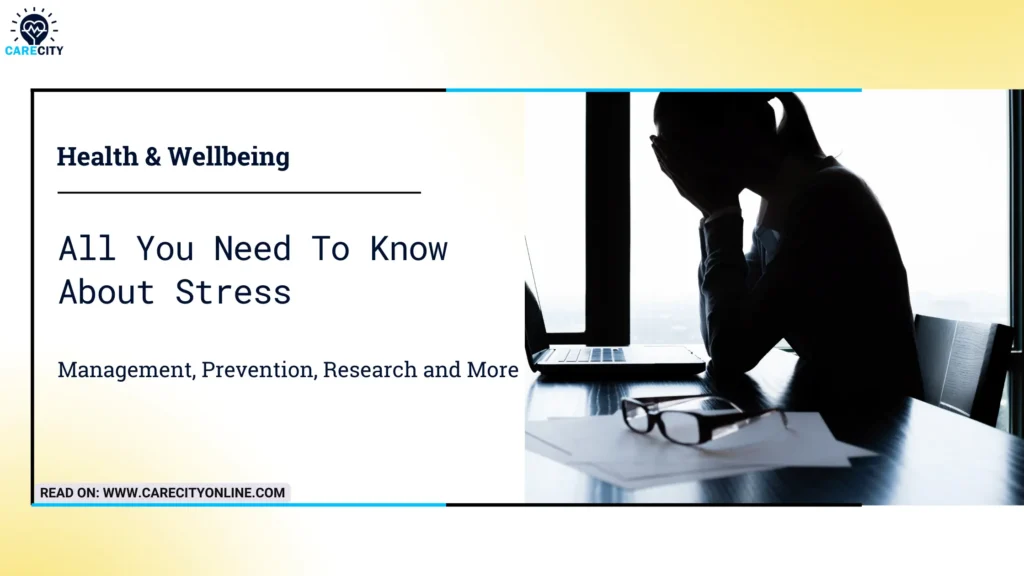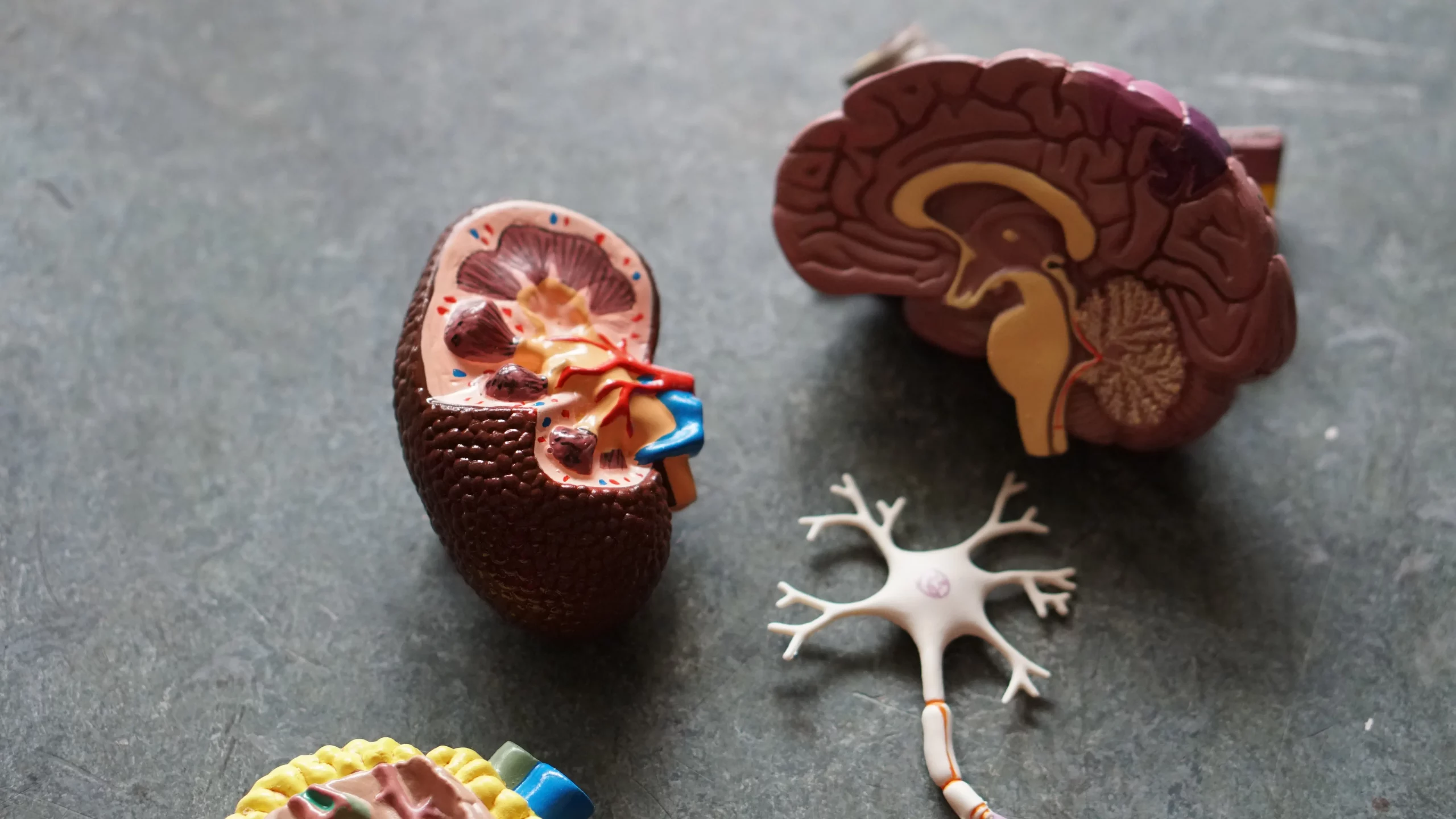
We welcome our wonderful readers to a new month. And we are already excited about everything we’ll share with you this month.
We have decided to add more structure to our content in August.
If you’d like to have a glance at everything we published last month, check out the last edition of our Substack newsletter, Care City Weekly, here. We briefly compiled most of our published articles, stories and reports in July.
So, this month, we will focus on Stress for our Health & Wellbeing category.
As people get busier and busier, working harder than ever to meet the high demands of life, they are exposing themselves to Stress, and most of them don’t know what Stress does to their health.
Stress is the body’s natural response to pressure (internal or external). It’s part of our biology. But if we don’t know how to handle it, it becomes a threat to our health and wellbeing.
Many people have developed chronic diseases because they don’t know how to manage Stress.
Poorly managed Stress can lead to a lot of physical and mental health complications and, if not handled properly, can lead to death.
Stress is like the fuel that gives our bodies the impetus and the drive to take on challenges.
For instance, the Stress that comes with starting a new big project that will launch your career to greater heights motivates you to show up and get things done. It can serve as a form of motivation and fuel for you.
However, if you can’t manage the natural Stress that comes with that kind of situation, you might suffer from Anxiety, which can cripple you and prevent you from performing.
What makes prolonged stressful situations a concern is that it has significant effects on the body’s physiology because certain hormones are released when you are stressed.
These hormones are not harmful, they are even good for our immune systems, but when they are allowed to keep infiltrating the body, they begin to cause many problems over time.
Chronic Stress has physiological effects on significant systems of the body. It affects the musculoskeletal, cardiovascular, respiratory, endocrine, nervous, and reproductive systems.
And in the course of this mini-series on Stress, we’ll leave no stone unturned.
We are going to cover the following broad sub-themes:
- The Physiology of Stress
- Effects of Stress
- How To Avoid Stress
- How To Manage Stress
- Managing Work-related Stress
- Recent Research On Stress Management
- And more
Stress Is A Silent Killer

You may wonder if it’s true that Chronic Stress can contribute to death. Yes, it does, and research has proved it.
A research study published in Autonomic Neuroscience Journal (Basic and Clinical) in 2021 showed that physical and mental Stress can lead to Sudden Cardiac Death (SCD).
It may not be the direct cause of death, but it’s a primary factor that makes it possible for people to develop chronic diseases like depression, cardiac problems and other serious health issues.
Throughout this mini-series, we will cite research studies that link Stress and death. We’ll also feature the opinions of experts in the field of Stress.
At the end of this mini-series, we hope that more people will have understood to an extent how to identify that they are being Stressed, how to manage Stress, how to seek help and even recognise that Stress is weighing down someone close to them.
We’ll ensure we make it as simple as possible to understand. We won’t include too much medical jargon and terms so that people who aren’t in the medical field will understand this important topic and take the right step towards being healthier and happier.
Never miss an update throughout this exciting mini-series. Subscribe below to our newsletter to get each edition sent directly to your inbox.





Drop Your Comment